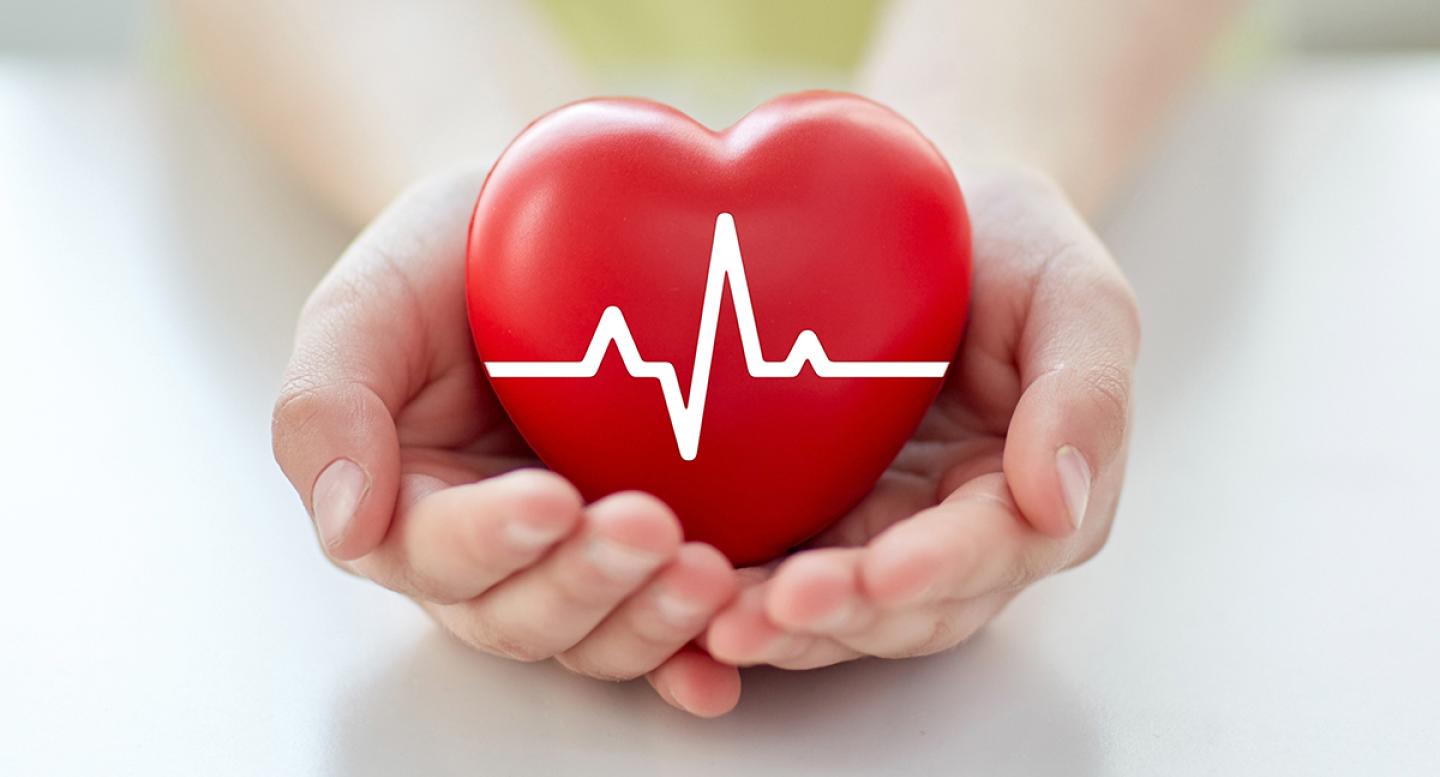What is an Electrocardiogram (EKG)?
An electrocardiogram (EKG) is a diagnostic tool used to help the physician assess the heart’s function, as well as rule out potential problems. The EKG is a representation of the heart’s electrical activity recorded from electrodes placed onto the body’s surface. These impulses are then translated into a visual graph. The EKG test is totally painless and can be completed within 5-10 minutes.
Hospital wide electrocardiography testing services include the following:
- 12-lead EKG (standard EKG)
- Signal Averaging EKG
- Rhythm Strip EKG
- Vector EKG
- 24 hour Holter Monitoring
Echocardiography Lab
Conventional echocardiography is used for non-invasive assessment of the structure and function of the heart and vessels. Color Doppler echocardiography is required for evaluating leaking or narrowed heart valves. Stress echocardiography is used for evaluating heart function under stress conditions, and is particularly useful for identifying the early stages of myocardial or valvular dysfunction or heart vessel blockage (coronary artery disease). Contrast echocardiography is used for further enhancing the heart structure and function, and can provide data regarding myocardial blood supply or cardiac perfusion. An echocardiography exam usually only takes about 30 to 45 minutes to complete.
Echocardiography services include the following:
- Conventional Echocardiography
- Transesophageal Echocardiography
- Stress Echocardiography (using treadmill exercise or pharmacological agents)
- Color Doppler Echocardiography
The Echocardiography Lab is a digitized lab producing superior image quality that provides greater diagnostic accuracy, enhanced accessibility, and improved communication of results between primary and specialty physicians.

